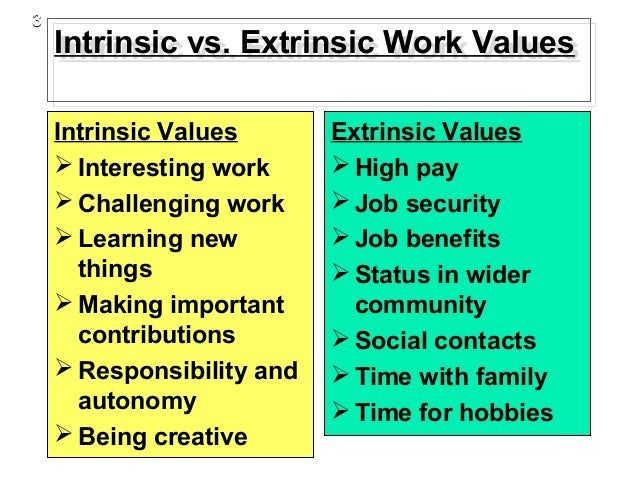Pages: 19
Selected Quotations: "By "social capital" I mean ties which, while they do not necessarily imply the presence of collective identity, are however based on sentiments of mutual trust and mutual recognition among actors involved. The broader the range of social capital ties that emerge from a period of sustained mobilization, the greater a social movement's impact is expected to be."
"In other words, social movements do not merely rely upon existing social capital: they also reproduce it, and sometimes create new forms of it (Sirianni and Friedland 1995). We can regard their performance in this regard as an indicator of their social and political impact. This implies that we move our focus away from causality, which we have seen can be properly addressed only at the cost of restricting our investigations to specific movement organizations or protest campaigns, and concentrate instead on the preconditions of success, i.e., on the structural position occupied by movement actors after phases of sustained political and/or cultural challenge."
"On the other hand, movement actors' chances to be influential will also depend on the extent and strength of their linkages to their environment, in particular to political and cultural elites. In this perspective, social movement impact will be higher when the conclusion of a wave of collective action will see a greater integration of movement leaders and activists within elite circles (both nationally and locally), or simply within the associational networks of their societies, than was the case before collective action started. Movement impact will be similarly higher the stronger the ties of movement intellectuals to the social circles (mass media, corporate cultural operators, intelligentsia) where dominant interpretations of reality are generated."
Click here to read "Diani, M. (1997). Social movements and social capital: a network perspective on movement outcomes. Mobilization: An International Quarterly, 2(2), 129-147."
or
Click here to watch "Mario Diani. Logic and Method of Social Network Analysis in Social Movement Research (NetGloW2014)"

















